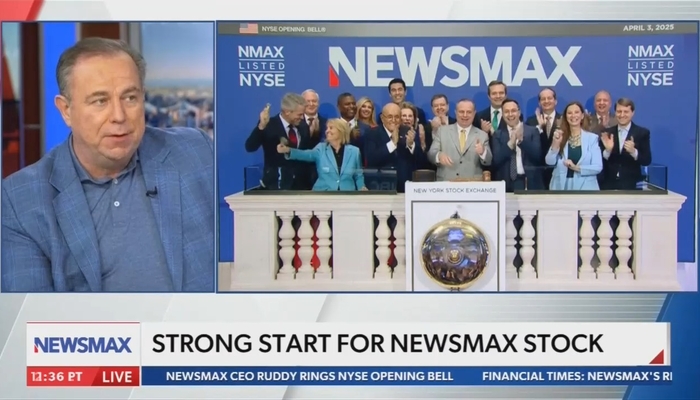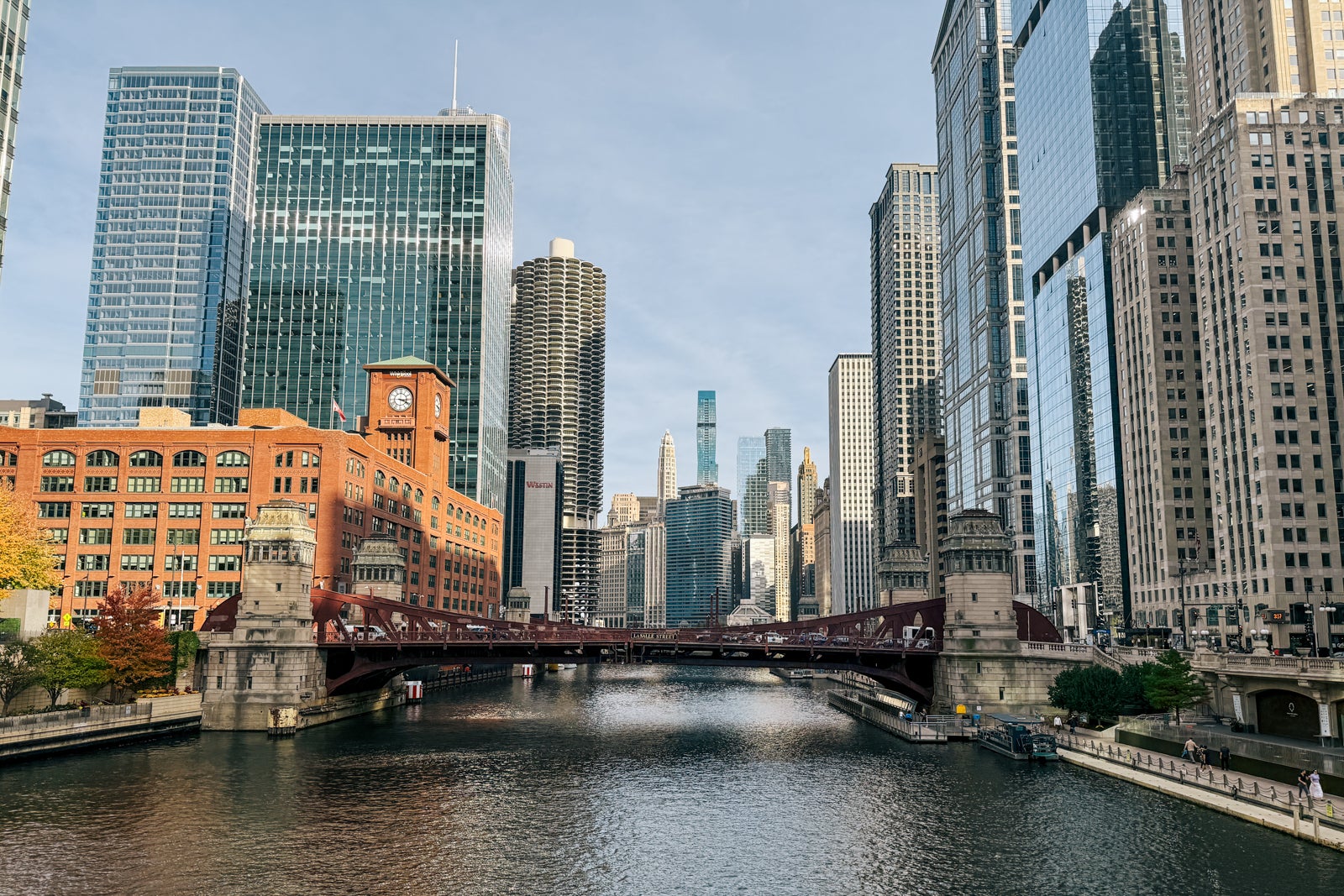The report says 130 TikTok videos push ‘widespread disinformation’ and ‘violent, ethnic discriminatory narratives’ ahead of the general elections.
As Kenya’s general election draws closer, an increasing number of TikTok videos featuring “hate, incitement and other political disinformation” have been on the rise, according to a recent study by the Mozilla Foundation.
In a report published on Wednesday, Mozilla fellow Odanga Madung identified 130 TikTok videos that pushed “widespread disinformation” and stoked “violent, ethnic discriminatory narratives”.
Ahead of the general elections on August 9, Kenyans have been bracing themselves for a tumultuous run-up to the polls. Concerns about possible violence and the spread of hate speech have been growing ahead of the election.
“Kenya’s democracy carries a tainted past of post-election violence,” said Madung in a statement. “Now, political disinformation on TikTok – in violation of the platform’s own policies – is stirring up this highly volatile political landscape. Meanwhile, TikTok has shown it is incapable of addressing this problem.”
The report highlighted that the collection of 130 videos from 33 accounts, breached TikTok policies on hate speech, discrimination, incitement, and inauthenticity.
“Our analysis reveals that hate speech, incitement against communities, and synthetic and manipulated content — despite being in violation of TikTok’s very own policies — is both present and spreading on the platform,” said the report.
Highlighting some examples, the report mentioned how one video clip showed deputy president and frontrunner William Ruto giving a speech at a rally. It captioned the speech as: “Ruto hates Kikuyus and wants to take revenge come 2022.”
The report mentioned that the video was widely distributed, receiving more than 445,000 views on TikTok.
According to Madung’s report, conversations with TikTok whistleblower Gadear Ayed, who was a former moderator on the platform, also revealed its “deep unfamiliarity with the Kenyan political context” which he said might explain how such videos went undetected.
Based on the conversations, the report said it was “common practice” for moderators to be assigned tasks in unfamiliar contexts and languages, leaving them “having to rely only on images”.
After reviewing Madung’s report, a TikTok spokesperson reportedly removed several videos and suspended accounts from its platform that had not fallen in line with its guidelines of hate speech and incitement, the researcher said.
In the aftermath of the 2017 elections, police responded violently to opposition supporters who protested against alleged vote-rigging in the Eastern African country. More than 100 people were killed in clashes between ethnic groups as accusations were traded.
After serving two five-year terms, President Uhuru Kenyatta is constitutionally barred from seeking office in August.
Rather than endorse his deputy Ruto, Kenyatta has called him “inexperienced” and has instead voiced his support for veteran opposition leader and former foe, Raila Odinga.
Odinga is making his fifth bid for president, and says he is committed to building a “democratic and progressive Kenya”.
He and Odinga come from political dynasties in Kenya; the older Odinga was vice president to Jomo Kenyatta, the country’s first president and father to Uhuru.

















Discussion about this post